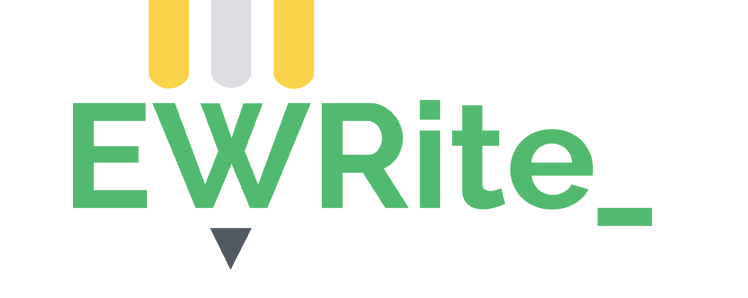6. Language features
Cautious language/ hedging
Using cautious language/ hedging is important when you write a literature review because you should be careful not to express absolute certainty in areas where there may be possibilities of doubt.
Words that could soften claims:
seem to, can/could/may/might be, probably/ possibly, likely/unlikely
Examples:
Although the results seem to support previous findings,…
This discrepancy could be caused by …
The amount of plastic waste will probably increase…
It is likely that…
Evaluative language
To show your perspective on the literature, you may use evaluative language. Evaluative language can show whether you are positive or negative towards the claims in the literature and whether you agree or disagree with the claims presented.
Evaluative language can be positive or negative:
• positive: “effective,” “necessary,” “significant”
• negative: “questionable,” “unclear,” “inconclusive”
Examples:
Positive evaluation: Smith’s (2022) argument that…is significant…
Negative evaluation: Jones’ (2022) claim that…is questionable...
Reporting Verbs
When writing a literature review, you will need to refer to sources. In doing so, you will often need to use reporting verbs. There are many reporting verbs and each of them has a slightly different meaning, so it is important to select a reporting verb that suits your needs.
It is important to note that the choice of a reporting verb shows your attitude towards the research under review. The reporting verb chosen can show the readers whether you are neutral, negative or positive about a specific study. In other words, the reporting verbs you choose should be different depending on how you want to comment on others’ work, whether you agree or disagree with their study, or how you evaluate their ideas.
For instance, can you see the difference between the following reporting verbs?
(i) Leung and Ho (2021) demonstrate that…
(ii) Leung and Ho (2021) suggest that…
(iii) Leung and Ho (2021) claim that…
In (i), the writer’s positive attitude to the research is communicated by the choice of “demonstrate”; in (ii), the attitude is neutral, while in (iii), the use of the reporting verb “claim” is often associated with a doubtful attitude towards a source.
The use of reporting verbs will help you describe and report on the literature. You may choose reporting verbs based on your needs:
• aims: investigates, examines,
• results: shows, suggests, reveals
• opinions: states, believes, argues
Examples:
Wong et al. (2022) investigate…
Chan’s (2022) study shows that…
Lee (2022) argues that…
Some websites on reporting verbs that you may find helpful:
http://www2.eit.ac.nz/library/OnlineGuides/Incorporating%20a%20citiation%20in%20your%20writing.pdf
https://www.ncl.ac.uk/academic-skills-kit/writing/academic-writing/reporting-verbs/
Verb Tenses of Reporting Verbs
The tenses used may vary depending on the subject areas/field of study so it is best to check the literature in your field.
Some general guidelines:
(i) Use the present tense when discussing findings from the literature:
Kim (2022) argues that this model…
Note, however, that the past tense may be used when discussing findings in many science subjects.
(ii) Use the past tense when referring to an activity that was completed during a study:
Smith (2010) used focus groups to…
Wu et al. (2019) found that…


